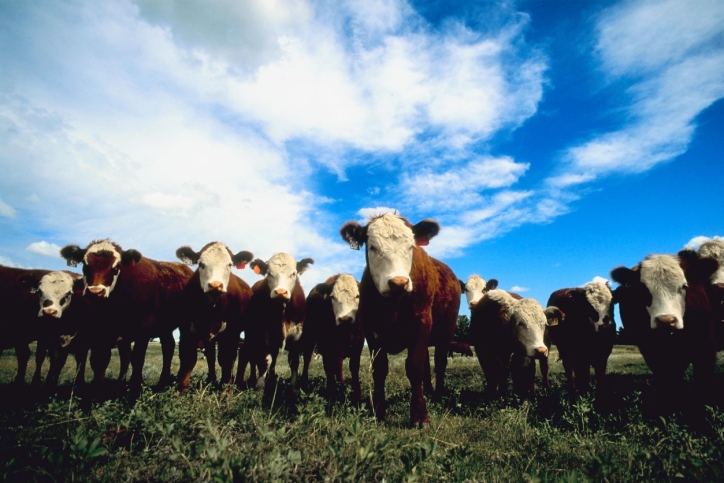
Since the May WASDE report, the estimate for beef production has dropped by more than 260 million pounds, and estimated turkey production has dropped by about 375 million pounds. Pork and chicken production estimates were raised by about 60 million pounds and 155 million pounds, respectively.
U.S. turkey production has been hammered by an outbreak of bird flu — highly pathogenic avian influenza (HPAI). The beef production estimate has been lowered because ranchers are retaining heifers for breeding purposes instead of placing them in feedlots for slaughter. While the practice will keep beef prices higher in 2015, the USDA is expecting beef production to increase by 3% in 2016 and beef prices to be lower.
A related issue is that few cattle are heading for slaughter because steers are replacing the heifers that are being held back. Because steers are typically larger, carcass weights are higher and fewer animals will need to be slaughtered to meet wholesale demand. At some point, ranchers and feedlot operators will have to sell regardless of price, driving wholesale and retail prices down even more.
ALSO READ: 9 States Running Out of Water
That indicates to industry experts that beef prices are at or very near a new high. The June WASDE report noted:
Cattle prices for 2015 are reduced from last month on prices to date and the forecast for 2016 is reduced on expected larger supplies of fed cattle.
Wholesale and retail prices for beef remain near record highs, but a combination of competing meats and significant expansion of animals retained for breeding may have set a top for the price for live cattle.
Are You Ahead, or Behind on Retirement? (sponsor)
If you’re one of the over 4 Million Americans set to retire this year, you may want to pay attention.
Finding a financial advisor who puts your interest first can be the difference between a rich retirement and barely getting by, and today it’s easier than ever. SmartAsset’s free tool matches you with up to three fiduciary financial advisors that serve your area in minutes. Each advisor has been carefully vetted, and must act in your best interests. Start your search now.
Don’t waste another minute; get started right here and help your retirement dreams become a retirement reality.
Thank you for reading! Have some feedback for us?
Contact the 24/7 Wall St. editorial team.



